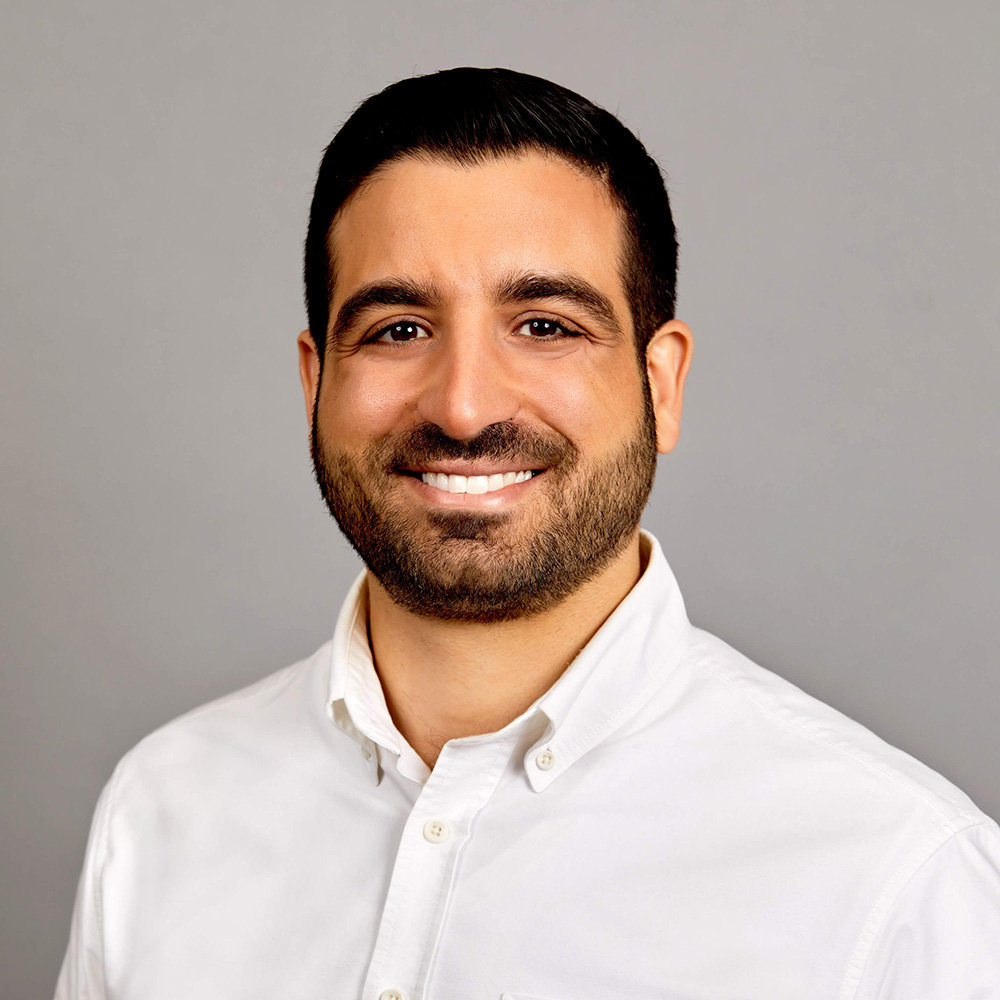Medical school is perhaps the most daunting step on the path to becoming a physician. It is a long, rigorous, but ultimately rewarding program designed to prepare you to provide the best care possible to patients.
As a result, medical school admissions departments want to make sure that applicants have a strong grasp of what they are getting into. Having clinical experience shows that an applicant has taken the steps to gain first-hand insight into what working in the healthcare field as a medical doctor is really like.
Having a certain number of clinical hours is a typical expectation from med school programs. Even if not explicitly stated, admissions departments will expect competitive applicants to have been involved with activities that provide meaningful clinical experience. Some ways of gaining clinical hours include paid-work, volunteering, and shadowing.
This guide goes over the amount of hours required for med school and the best options to get clinical experience.
How Many Clinical Hours Are Required for Medical School?
Clinical hours requirements, if any, are very program specific. Be sure to carefully review the admissions requirements for each school you are interested in applying to.
Unlike with physician assistant or nursing programs, the number of clinical hours needed are often not explicitly stated.
For applicants to programs that do not give a specific number, this can really add to their application anxiety. After all, how can you tell whether your experience is enough to be considered a competitive applicant?
For example, the Spencer Fox Eccles School of Medicine at the University of Utah lists clinical experience as an “activity requirement”, but does not go into specifics on how many hours are needed.
Based on our research, the average amount of clinical experience recommended by med school advising departments is 100 hours.
When considering med school, you should aim to complete around this amount or more. Others recommend even more clinical hours, with the career center at UCSD saying that “150-300 hours of meaningful patient interactions” is helpful in becoming a competitive applicant.
Despite the lack of specifics, it is often assumed that strong applicants have had extensive clinical experience. A general guideline for clinical hours is that the more meaningful hours, the better. Gaining a lot of clinical experience can help your application stand out and can even help you get into med school with a low GPA.
Taken as just a number, “clinical hours” does not provide much information about an applicant, other than that they were physically present in a healthcare setting for a certain amount of time. In other words, an applicant could have greeted patients or filed paperwork for 200 hours without gaining much clinical insight.
What Counts as Clinical Hours for Med School?
A common question that applicants ask is “does this experience count as clinical hours?” In general, the best way to answer this is by seeing whether the experience involves some aspect of direct patient care.
For example, consider the duties of medical assistants which include both administrative and clinical tasks. Front desk tasks, such as scheduling appointments or answering phone calls, would not be considered clinical experience. In contrast, taking vitals, reviewing patient medical histories, and drawing blood would be considered clinical experience.
Once you find an option you are interested in, you usually do not need to get it approved as clinical hours in advance. When you begin the process of applying to med school, you can report your hours and reflect on your clinical experiences on your application.
Here are some options to gain clinical hours, presented in order from most involved to least involved:
Paid Job
Not every medical school applicant may have the time or means to work. But, compared to the other options, working will usually provide you with the most hands-on clinical experience.
Working either part-time or full-time can provide you with direct experience working with patients in a clinical setting. Because working tends to be a longer-term commitment, the hours will add up. This means you should be able to reach any required number of clinical hours rather quickly. Not to mention, you get paid while learning
However, you should be prepared for more expectations and obligations compared to if you were volunteering or shadowing. Working may not be the best option if you struggle with time management or feel that the added commitment will negatively impact your studies.
There are many entry-level healthcare positions such as medical assistant, medical scribe, or pharmacy technician. The easiest way to find open positions is by checking job search sites like Indeed or Glassdoor.
Volunteering
Volunteering positions are unpaid but allow you to easily gain experience. Compared to paid jobs, they have fewer duties, training, and obligations. Many larger healthcare facilities have a volunteering program that is in charge of training, scheduling, and logistics.
Make sure that your duties as a volunteer involve some aspect of patient care. For example, greeting patients and giving directions around the facility will likely not be accepted as “clinical hours.”
In contrast, pushing patients on wheelchairs or assisting nursing staff may count.
Shadowing
Shadowing means observing a healthcare professional perform their duties. Unlike working or volunteering, shadowing is a passive activity. However, it is an excellent opportunity to gain a stronger understanding of what the healthcare field is like.
To gain clinical experience for med school, you should try to shadow a variety of medical specialties. For example, you could spend a couple hours shadowing internal medicine, pediatrics, and orthopedics. Doing this will help you gain a broader appreciation of the different types of physicians.
It may be harder to accumulate a significant number of hours shadowing. In addition, because shadowing is generally passive, it might work against you if it is your only clinical experience. So, it makes sense to combine it with more hands-on activities such as volunteering or work.
You can find shadowing opportunities by checking in with your university’s pre-health advising department or by contacting local healthcare facilities and physicians in your area.
>> Learn More: Medical School Application Timeline & Deadlines
How Can I Find Clinical Experience Opportunities?
Working is one of the best ways to gain clinical experience. You should also be aware of what kinds of additional requirements or training you need to work in a particular position.
The following entry-level jobs have duties that are considered clinical experience:
- Medical Assistant. Medical assistants help other healthcare professionals by performing clinical tasks like taking blood pressure, recording patient case histories, and giving injections. If you’re interested in working in this role, you could also consider taking an online training program while in school. For example, we have an Online Medical Assistant Training Program here at Stepful that only takes 5 months to complete and offers flexible schedules. You can see summer medical assistant certification programs here.
- Phlebotomist. Phlebotomists draw blood through venipuncture in order to help other healthcare staff with diagnosis and management of various health conditions.
- Licensed Practical Nurse. LPNs work with other nurses and healthcare workers to provide care for patients in settings such as inpatient clinics and retirement homes.
- Certified Nursing Assistant. CNAs work with senior nursing staff to provide care for patients in the hospital. They perform tasks such as assisting patients with basic hygiene and carefully monitoring their condition.
- Emergency Medical Technician. EMTs respond at the scene to health emergencies and stabilize patients so that they can receive further care at the hospital.
- Home Health Aide. Home health aides work in domestic settings to assist patients that are disabled or bedridden. They provide basic care and help with tasks of daily living.
- Hospice Aide. These people assist terminally ill patients with basic comfort and tasks of daily living.
- Medical Scribe. Scribes listen closely to physicians during exams and document important health information into electronic health record software.
>> Read More: Best Jobs for Premed & Med School Gap Year
How Should I Choose What Type of Clinical Experience to Get for Med School?
When choosing what kind of clinical experience you want for med school, you should ask yourself the following questions: What kind of doctor do I want to be? What do I want to gain from my experience?
Think about what drives you to pursue medicine and use that to help guide what experiences you should look for. If you are interested in a particular specialty, such as endocrinology, for example, then it will be helpful to find a job or volunteering position involving that specialty.
If you are not sure what you want to specialize in, that is fine! Clinical experience will help you focus on what aspects of medicine you are most passionate about. It can also help you rule out specialties that might be a poor fit for you.
Working may be your best option if you are looking for more responsibility, training, and the potential to make some money. In contrast, you may want to volunteer instead if you do not think that you can balance work with your studies. Just make sure your job meets the clinical requirements of the schools you're interested in. For example, working as a pharmacy tech likely won't count as clinical experience since it doesn't involve direct patient care.
Shadowing is always a great option as an adjunct to work and volunteering. Unlike with the other two kinds of experience, shadowing lets you closely observe what being a physician is like.
Why Are Clinical Hours Important for Med School?
Med school is an intensive 4-year long program that trains you to become a physician. In addition to those 4 years, you will need to complete 3 or more years of residency. In total, becoming a physician can be a decade-long commitment.
Med school is a significant financial and time investment, for both students and institutions. As a result, admissions committees want to make sure that they admit people who they are confident will complete the program. It works in no one’s best interest to admit students who have not demonstrated in some way that they are capable of succeeding.
It is not uncommon for pre-med students to have a superficial understanding of what being a physician is like. After gaining some insight through clinical hours, they may realize that it is not the best career path for them. It is better to find that out through clinical experience, rather than during med school.
Unlike with undergraduate education, getting good grades in med school does not guarantee success. A good physician must possess qualities that cannot be reflected through grades alone. For example, physicians must be passionate, compassionate, driven, resilient, and have an innate drive to learn.
So then, how can applicants show that they have these qualities and that they have a deeper understanding of what being a physician is like? Through clinical hours and experience.
>> Read More: Is It Hard to Get Into Medical School?
>> Learn More: What is a Good MCAT Score?




.svg)








